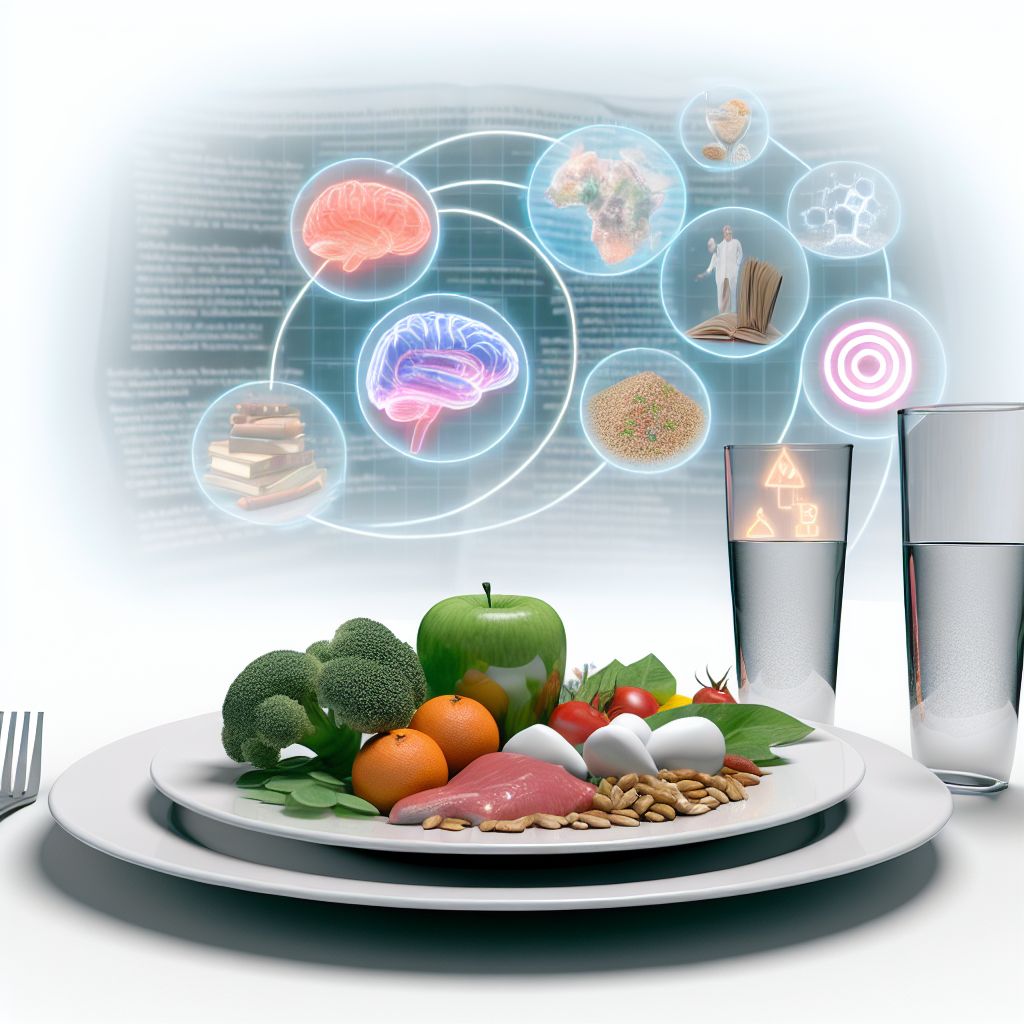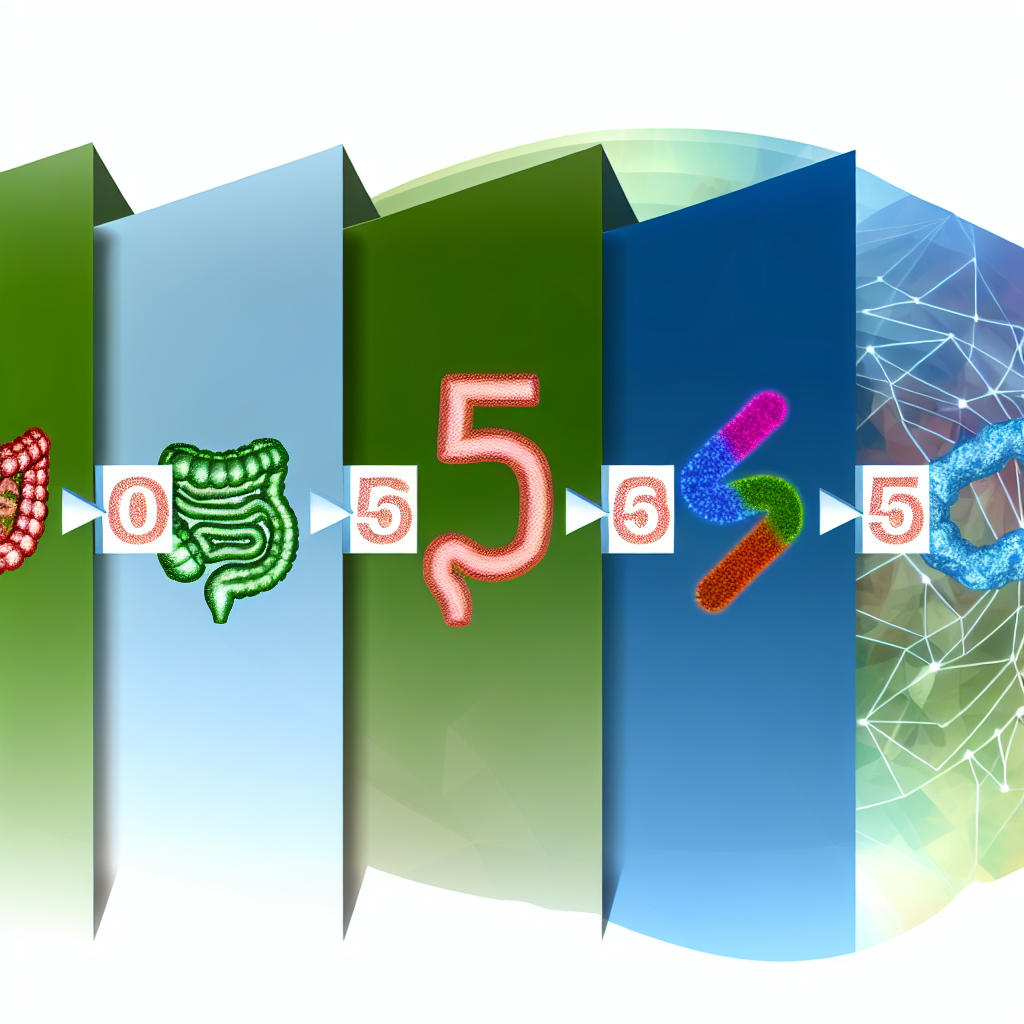Here is the clean WordPress blog post with the requested changes:
Food-Based ADHD Management: Evidence-Based Alternatives to Medication
Attention Deficit Hyperactivity Disorder (ADHD) affects millions of children and adults worldwide, manifesting in symptoms like inattention, impulsivity, and hyperactivity. Traditionally, stimulant medications such as methylphenidate (Ritalin) and amphetamine-based drugs (Adderall) have been the go-to treatments for managing ADHD symptoms. However, as awareness of side effects grows, many parents and individuals are seeking safer, more natural alternatives that fit within a holistic health model. One promising approach under increasing scientific scrutiny is food-based ADHD management.
The phrase “you are what you eat” holds particular significance for those with ADHD. Emerging research suggests that dietary factors—from nutrient deficiencies to food sensitivities—may aggravate or even mimic ADHD symptoms. Nutritional psychiatry, which examines the relationship between diet and mental health, is opening up new avenues for managing neurodevelopmental disorders like ADHD through personalized nutrition plans.
Eliminating processed foods, artificial additives, and preservatives while promoting a nutrient-rich, whole foods diet has gained traction among families and health practitioners alike. Research shows that certain vitamins, minerals, and essential fatty acids can positively impact cognitive function and behavioral balance. Key nutrients such as Omega-3 fatty acids, magnesium, zinc, and iron are commonly deficient in individuals with ADHD, and supplementing these can dramatically affect focus, emotional regulation, and hyperactivity.
Moreover, some children and adults react adversely to specific foods or food dyes, leading to behavior changes that mirror ADHD. Identifying and eliminating these triggers via elimination diets or food sensitivity testing can significantly reduce symptoms. Rather than viewing ADHD solely through a neurological or pharmacological lens, this approach encourages a comprehensive view of health that includes the gut-brain connection, inflammation, and metabolic function.
Food-based ADHD management isn’t about dismissing modern medicine; instead, it supports giving families alternative tools and lifestyle practices to complement or, in some cases, replace medication. In this article, we explore scientifically-backed dietary and nutritional interventions that may help ease ADHD symptoms naturally—giving control back to individuals through informed, conscious eating decisions.
Omega-3 Fatty Acids: Brain-Boosting Fats for Focus and Calm
Multiple studies affirm the link between Omega-3 fatty acid deficiency and the severity of ADHD symptoms. According to a meta-analysis published in the Journal of the American Academy of Child and Adolescent Psychiatry, children with ADHD tend to have lower blood levels of Omega-3s, particularly EPA and DHA. Supplementation has been shown to lead to modest but significant improvements in attention span, impulsivity, and hyperactivity.
Iron and Zinc Deficiency: Key Minerals for Mental Clarity
Iron plays a crucial role in dopamine synthesis, a neurotransmitter heavily implicated in ADHD. A study in Pediatric Neurology found that ADHD children with lower serum ferritin levels exhibited more severe symptoms. Zinc, another essential trace mineral, assists in neurotransmitter metabolism and intracellular signaling.
Supplementation with both iron and zinc has been associated with decreased hyperactivity and enhanced attention in children, particularly when baseline levels were low.
Magnesium and B-Vitamins: Nourishment for Nerves and Neurotransmitters
Magnesium supplementation may benefit children with ADHD, especially those who are deficient. Symptoms such as irritability, sleep disturbances, and poor concentration have been linked to low magnesium levels.
B-Vitamins, particularly B6, play essential roles in neurotransmitter production, including serotonin and dopamine. Combined magnesium and B6 supplementation has been associated with symptom improvement in some clinical trials.
Artificial Food Coloring and Preservatives: Hidden Triggers in Plain Sight
The controversial role of synthetic food additives in triggering hyperactivity has gained renewed attention. The widely-known Southampton Study, published in The Lancet, demonstrated that mixtures of artificial food colorings and the preservative sodium benzoate significantly increased hyperactivity in children, even those without an ADHD diagnosis.
As a result of such findings, countries like the UK require warning labels on foods with certain dyes, while many families opt to remove artificial ingredients entirely from their diets as a precautionary ADHD management strategy.
Elimination Diets: Pinpointing Personal Food Sensitivities
Elimination diets systematically remove and reintroduce potential food triggers—commonly dairy, gluten, soy, eggs, and artificial additives—to assess their effect on behavior. The “Few Foods Diet,” a highly restrictive approach, has shown up to 60% improvement in symptoms in children with ADHD.
Though intense, this method underscores the significant role food sensitivities may play in cognitive functioning and emotional regulation.
Conclusion: Empowering ADHD Management Through Nutrition
Food-based ADHD management offers a compelling and increasingly evidence-supported pathway for those seeking alternatives or additions to conventional medication. It shifts the treatment paradigm from solely focusing on pharmaceutical intervention to considering environmental and nutritional factors that influence brain health.
By optimizing the intake of essential nutrients—such as Omega-3s, magnesium, zinc, and iron—and minimizing exposure to harmful additives and potential allergens, individuals with ADHD can experience noticeable improvements in attention, mood, and impulse control. While not a universal solution, these dietary interventions empower families and individuals with practical, low-risk strategies that support long-term wellness.
It’s critical to emphasize that food-based strategies do not necessarily replace the need for medical guidance. Collaboration with healthcare professionals, including nutritionists, pediatricians, or integrative medicine specialists, ensures safety and effectiveness, especially when combining dietary changes with conventional ADHD treatments.
Ultimately, nourishing the brain begins with nourishing the body. Through mindful diet choices and informed experimentation, food becomes not just a source of energy—but a powerful tool in the holistic management of ADHD.
References
- Green et al., 2007 – J Am Acad Child Adolesc Psychiatry
- Konofal et al., 2004 – Pediatric Neurology
- Mousain-Bosc et al., 2006 – Magnesium Research
- McCann et al., 2007 – The Lancet
- Pelsser et al., 2011 – The Lancet
Concise Summary:
This blog post explores the growing field of food-based ADHD management as an evidence-backed alternative to traditional medication. It examines the role of key nutrients like Omega-3s, minerals, and vitamins, as well as the impact of food sensitivities and artificial additives on ADHD symptoms. By optimizing nutrition and minimizing potential triggers, individuals can experience improvements in focus, mood, and impulse control, empowering them to manage ADHD holistically.

Dominic E. is a passionate filmmaker navigating the exciting intersection of art and science. By day, he delves into the complexities of the human body as a full-time medical writer, meticulously translating intricate medical concepts into accessible and engaging narratives. By night, he explores the boundless realm of cinematic storytelling, crafting narratives that evoke emotion and challenge perspectives.
Film Student and Full-time Medical Writer for ContentVendor.com




